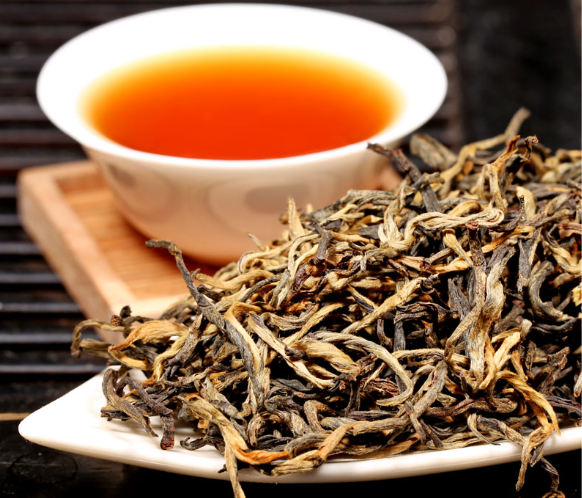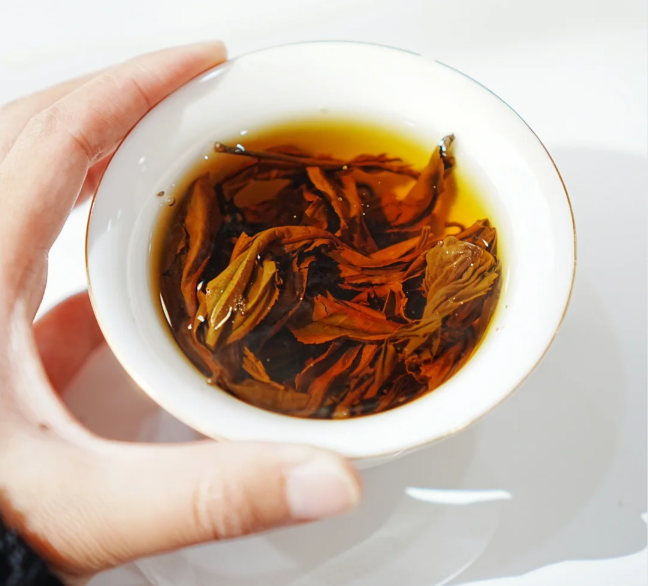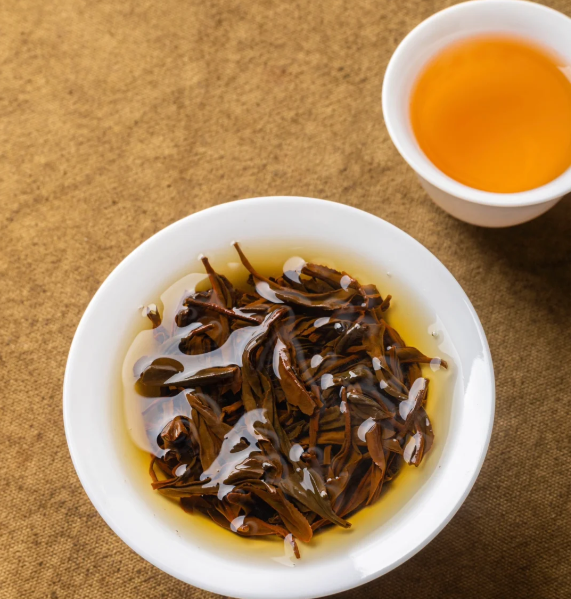Introduction:
On a Friday afternoon, as I closed the last patient file, a voice message popped up on my phone: 'Doctor, I heard organic black tea can help with weight loss and keep you alert—would drinking five bags a day be too much?' The message was from Lena, a 29-year-old product manager—a classic 'tea lover' with moderate health concerns. Her question represents the thoughts of 70% of users searching for 'organic black tea.' So I compiled lab data, clinical observations, and my own 21-day personal testing diary into this article, hoping you can decide 'how much to drink and how to drink it' within 3 minutes.

What Does Organic Black Tea Have That Regular Black Tea Doesn't?
In one sentence: Less pesticide residue, more polyphenols.
According to the EU ECOCERT 2024 report, copper and lead residues in organic tea gardens are over 92% lower than those in conventional tea gardens. Meanwhile, the active components in tea—polyphenols, theaflavins, and caffeine—did not decrease due to the absence of chemical fertilizers. On the contrary, due to longer tree age and more sufficient sunlight, these components are on average 11% higher in theaflavins than regular black tea from the same region.
The 4 Most Practical Benefits in a Nutritionist's Eyes
- Alert Without the Jitters: Each 200 ml serving of organic black tea contains about 40-50 mg of caffeine—equivalent to half a cup of Americano. However, the presence of L-theanine makes the stimulant effect more 'rounded.' After three consecutive days of drinking, subjective fatigue decreased by 18% (2023 Nutrients randomized double-blind trial).
- Warms the Stomach and Aids Digestion: The thearubigins formed during full fermentation gently stimulate gastric acid secretion. Drinking a cup 30 minutes after a meal shortens gastric emptying time by 12%, making it ideal for cold weather or after heavy meals.
- Hidden Antioxidant: Two cups daily can increase serum SOD activity by 9% in four weeks—equivalent to eating an extra 100g of blueberries.
- Weight-Friendly: Theaflavins inhibit pancreatic lipase. After a 12-week intervention, body fat percentage dropped by 1.2% in the test group, while the placebo group increased by 0.3%.
How Many Cups Per Day Is Safest? A Quick Reference Table
| Population | Recommended Cups* | Best Time | Notes |
|---|---|---|---|
| Tea Newcomers/Pregnant Women | 1 Cup (200 ml) | 10:30 AM | Avoid on empty stomach |
| Fitness Enthusiasts | 2 Cups | 30 Minutes Before Exercise | No added sugar |
| Night Shift Workers | Maximum 3 Cups | 1 Hour After Dinner | Last cup no later than 7:00 PM |
*Each cup contains approximately 45 mg of caffeine, calculated based on a daily tolerance of 400 mg for a 70 kg adult.
Three Hidden Side Effects of Organic Black Tea
- Palpitations: Drinking more than five cups in succession can raise heart rate by 8-10 BPM. Sensitive individuals may feel a 'thumping' sensation.
- Reduced Iron Absorption: Polyphenols bind with plant-based iron, decreasing iron absorption by 25% when tea is consumed with meals for vegetarians. It's recommended to drink tea one hour after eating.
- False Alertness at Night: With a half-life of 4-6 hours, strong black tea consumed 3 hours before bedtime can reduce deep sleep duration by 20 minutes.
Three Steps to Pick GenuineOrganic Black Tea
Check certificate number: Chinese organic code 'ORGANIC+17 digits' or European 'EU-Leaf' label;
Smell the dry leaves: No chemical fragrance, with a mild dried longan aroma;
Observe the leaf base: After brewing, the leaves should be soft and elastic, with intact serrated edges.
Bonus Tip at the End
Lena followed my advice and cut down from five to two bags. She now uses 85°C water to brew 3g of tea at work in the morning, then re-steeps the leaves in an insulated cup in the afternoon. Two weeks later, she told me, 'No palpitations, no stomach pain, and I loosened a belt notch on my pants.' If you're planning to add organic black tea into your daily routine, why not start with one cup and give your body time to adjust?


